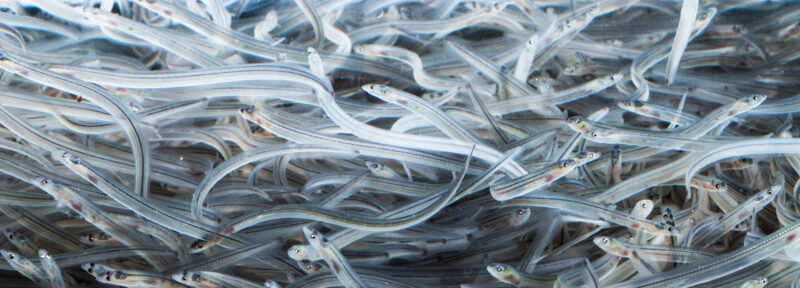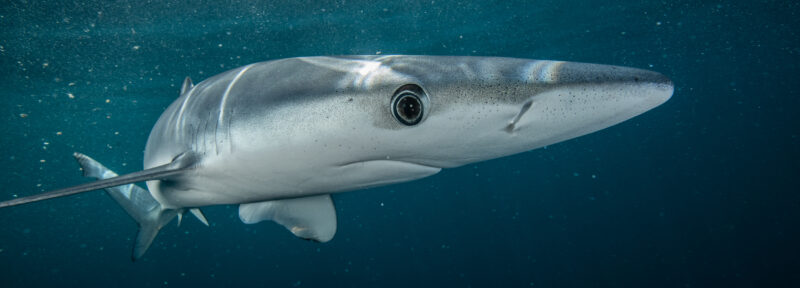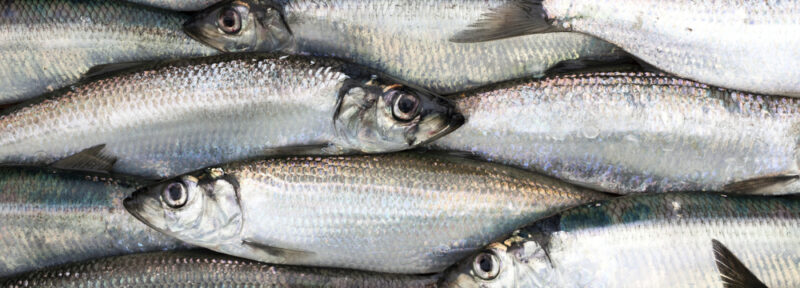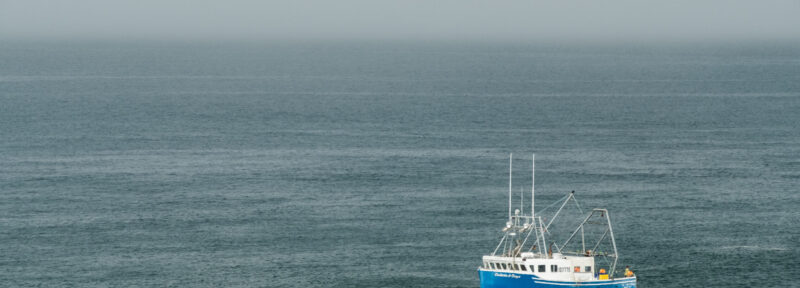International Fisheries Meeting Delays Progress on Swordfish Sustainability and Climate Change
CAIRO—Today, the International Commission for the Conservation of Atlantic Tunas (ICCAT) concluded its 28th Regular Meeting of the Commission in Cairo, Egypt. Although some progress was made, the meeting also fell short on several important fisheries management measures.
ICCAT, which has 52 members including Canada, decided to roll over the current total allowable catch for Northern swordfish rather than adopt a new management procedure (MP). While the stock is currently healthy, the procedure would have given more predictability in future quota setting as well as more certainty that catch levels are in balance with population changes and environmental conditions. The North Atlantic swordfish fishery is worth approximately $13 million annually to Canadian fishers and Canadian scientists played a leading role in the development of the new procedure. However, some ICCAT members raised concerns after the late arrival of fisheries catch and landings data from several countries caused the procedure’s projections to change slightly, and its adoption has been delayed until 2024.
On the positive side, the Commission did pass, with co-sponsorship by Canada, clear guidelines on the minimum standards and program requirements for electronic monitoring systems. “Electronic monitoring systems can improve the collection of fisheries data, which will in turn help science and management,” explains John Couture, Senior Fisheries Advisor at Oceans North who attended the meeting in Cairo. “And Canada has lots of room to improve: the report earlier this month from the Commissioner of the Environment and Sustainable Development highlighted serious problems with our country’s approach to collecting and managing fisheries data. Next year we expect countries to make progress in monitoring and reporting, including through the use of electronic tools.”
Among other conservation discussions, ICCAT agreed to hold another meeting of experts on addressing climate change in ICCAT fisheries, although it did not agree on an explicit action plan or working group to undertake these activities. ICCAT also agreed to lower the catch limit for North Atlantic and South Atlantic blue shark fisheries but to levels that still pose risks to stock health and future overfishing. Finally, ICCAT agreed to two proposals co-sponsored by Canada towards prohibiting the landing of endangered whale sharks and mobulid rays in ICCAT fisheries.
“Fish stocks are moving and changing at a rapid pace due to climate change. International fisheries commissions must not continue playing catch up at the expense of achieving sustainability and protecting biodiversity,” says Katie Schleit, Fisheries Director at Oceans North. “We applaud Canada’s leadership at ICCAT on these matters, but next year, the commission needs to agree on concrete ways to manage fisheries and their impacts in a changing climate.”
For more information, please contact:
Alex Tesar
Communications Manager
Oceans North
[email protected]




